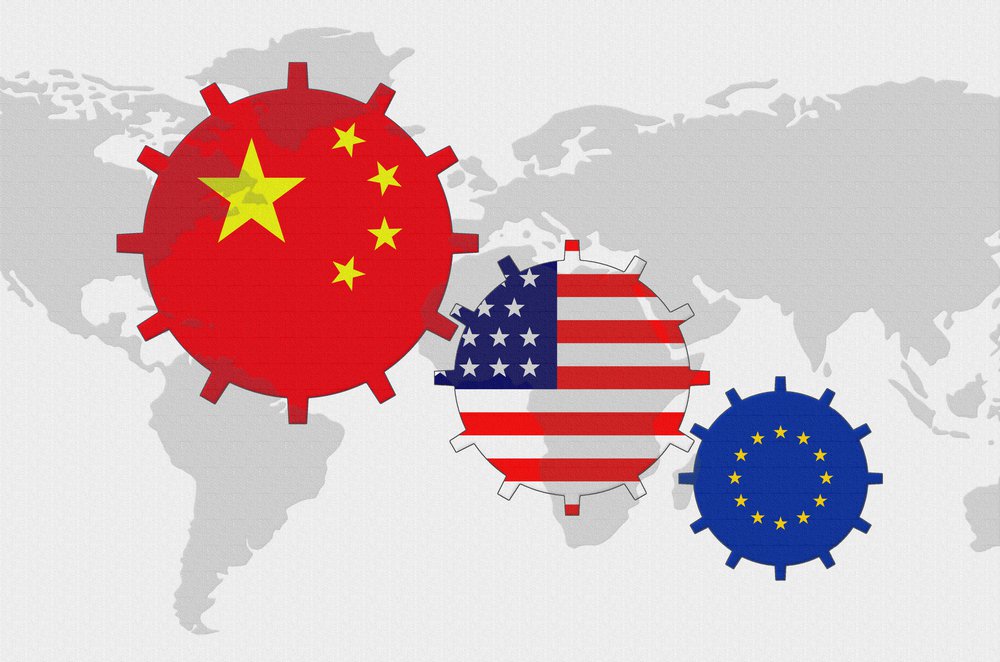ABSTRACT: This article examines the world’s key actors: the US, EU and China, and analyses their political, economic and security relations, as well as stances on geopolitical and global economic development. Asia-Pacific is investigated as the chief determinant of the global development and also, thanks to US-China relations, as the new geopolitical centre of gravity. This research explores the contradictory nature of this relationship, which apart from being mutually beneficial in terms of economic cooperation, shows signs of distrust in political, economic and security relations, generating potential conflict. There are many approaches being promoted by these actors. The dilemma the US is currently facing in this relationship is whether to contain China as a threat or to accommodate it as an equal power. Accordingly, the US’s (potential) treatment of China influences not only Chinese performance in the Asia-Pacific region, but also has repercussions for the EU. The key question for the EU is to what extent it should take on security commitments in the Asia-Pacific region. This article concludes that, despite contradictions in bilateral relations between the ‘West’ and China, it is desirable to achieve Kissinger’s ‘co-evolution of interest.’.
KEYWORDS: United States, China, Europe, Asia-Pacific, crisis, limits, interests, alliance, conflict, cooperation, containment, pivot, military strategy


